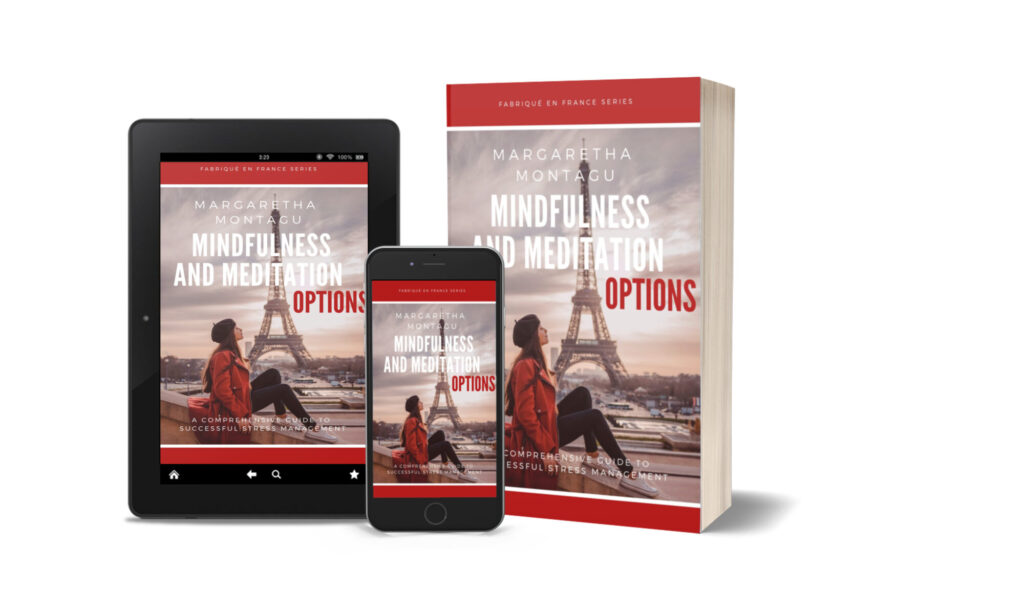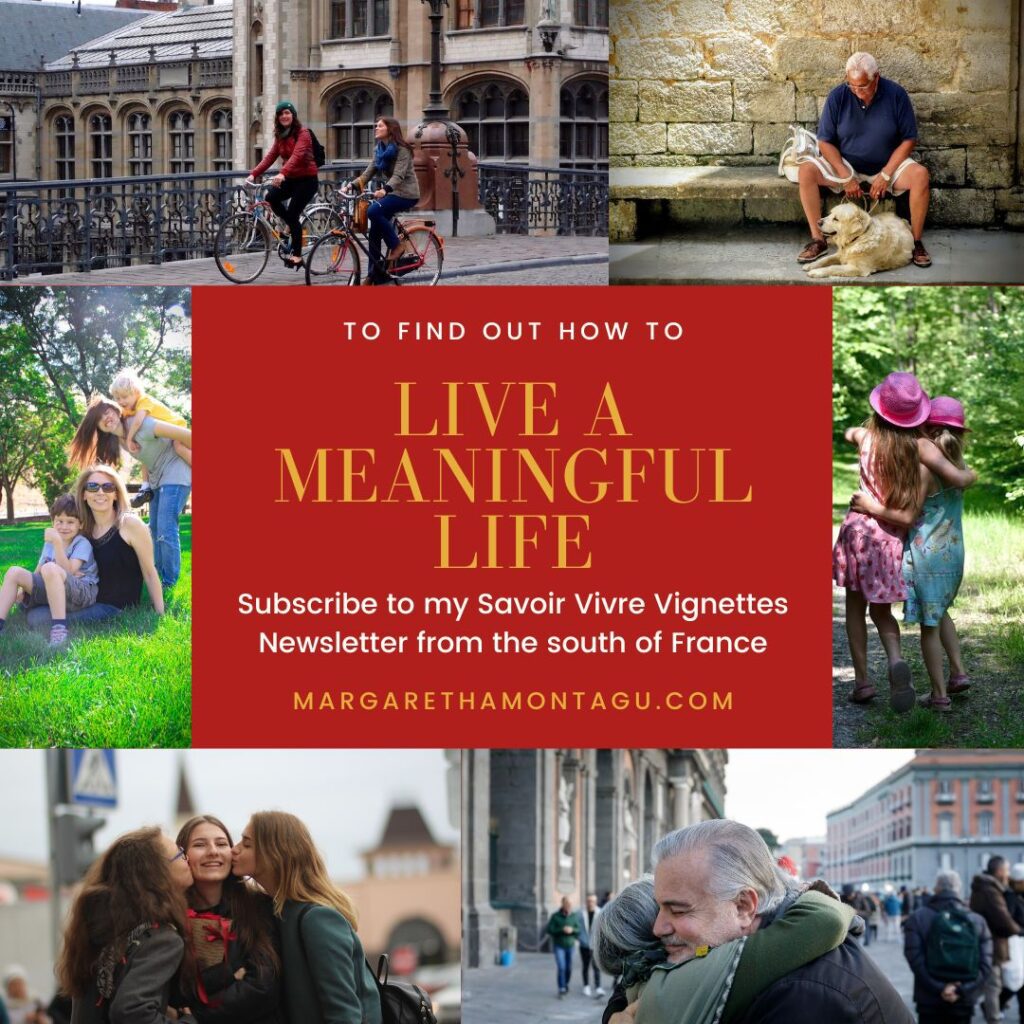Concentration is a cornerstone of mindfulness practice. Your mindfulness will only be as robust as the capacity of your mind to be calm and stable. Without calmness, the mirror of mindfulness will have an agitated and choppy surface and will not be able to reflect things with any accuracy.” – Jon Kabat-Zin
A 9 min read
Introduction
From Chaos to Clarity: How Mindful Writing Meditation Can Help You Find Focus
Very basically, writing meditation is about the practice of focus, loss of focus, and the return to focus. Writing meditation is a state of heightened mental awareness and inner peace that brings mental, physical, and spiritual benefits. Writing meditation can be practised without adherence to any religion or philosophy.
Meditation usually conjures up an image of a hermit sitting on a mountaintop, for hours, in the lotus position, eyes closed and in silence. In reality, meditation can be practised while walking, chanting, working in the garden or writing at a desk. It can be done on one’s own, or with a group of other people. A session can last a few minutes a day to several hours per week.
Anyone can use this method, whether you consider yourself a good writer or not, is irrelevant. Typical writing meditations are short, 5- to 20-minute focused writing sessions that encourage creativity and facilitate problem-solving through mindful, diligent concentration. It helps you to reflect on important tasks or decisions and to think about things from different perspectives.
The Art of Being Present: Exploring Writing Meditation as a Mindful Practice
Writing meditation can be a mindfulness practice because it involves focusing your attention on the present moment and cultivating a non-judgmental awareness of your thoughts and feelings. Here are some ways that writing meditation can be a mindfulness practice:
- Breath awareness: Just like in traditional mindfulness meditation, writing meditation can begin with focusing on your breath. Take a few deep breaths and focus your attention on the physical sensations of your breath moving in and out of your body. Always a good idea to first get some oxygen to the brain.
- Observe your thoughts: As you begin to write, observe your thoughts and feelings without judgment. Simply notice them as they appear and allow them to flow onto the page.
- Stay in the present moment: Writing meditation can help you stay present, rather than getting caught up in worries about the past or future. By focusing on the act of writing and the sensations in your body as you write, you can cultivate mindfulness.
- Non-judgmental awareness: When you practice mindful writing meditation, try to observe your thoughts and emotions without judging them as good or bad. Instead, cultivate a sense of curiosity and openness to whatever arises in your mind.
By incorporating these elements into your writing meditation practice, you can transform it into a mindfulness practice that helps you cultivate a greater sense of awareness.
The Healing Power of Words: Writing Meditation for Trauma and Stress Relief
Focused Meditation vs Free Writing Meditation
There are many different types of meditation but the two we use most often during our mindfulness meditation retreats here in the south of France are Focused Meditation and Free writing Meditation. During focused meditation one concentrates on something specific, like your breathing, a candle, a horse or a mantra. During free writing meditation, one attends without attachment or aversion to whatever thoughts, feelings or sensations one experiences. Writing meditation can be a wonderful source of insight. .
Copying a script, for example, a loving-kindness script, can reprogram our subconscious much more effectively than if we were simply reading, hearing, or reciting the words – and with very little conscious effort on our part. Free writing is different. It involves writing down whatever comes into your head for a set period of time or for a specific number of words.
If you find traditional sitting meditation difficult, one of the most useful types of meditation to try is writing meditation. Writing gives your busy mind something to do as you cultivate awareness of the overall experience. Writing meditation is not necessarily therapeutic. Therapeutic writing differs from simple writing meditation in that it involves writing about a specific emotionally charged episode with the aim of arriving at a therapeutic outcome, whereas the aim of simple writing meditation is purely to meditate, or to familiarise oneself with the practice of meditation or to try a different type of meditation.
Writing meditation is really very easy. All you have to do is find a quiet spot where you will not be disturbed, take a few deep breaths and write. If you want to do a focused writing meditation, one of the easiest ways to do this is by copying a Loving Kindness script. You will find out how to do a Loving-Kindness Meditation here.
Unleashing Creativity with Writing Meditation: A Guide for Beginners
More about Free Writing Meditation
If you prefer free writing, just write whatever comes into your head for a set amount of time. And if nothing comes into your head, use a prompt like “My favourite way to spend the day is…” Or you could write a “letter to an ancestor”. This letter could be addressed to a grandparent or great-grandparent, or even someone from many generations back who you have never met. Write them a letter about your life, ex. an explanation of who you are, your current life situation, achievements, skills, talents and aspirations. Your mind will wander, and each time you realise that you are thinking about something other than the letter you are writing, just return your focus to the writing meditation
Free writing prompts
I reflect on the people in my life who have made me feel loved and supported. These people are my family and/or my friends. I reflect on how they affect my life and how I feel when I spend time with them. I feel grateful for …..
I spent time today being fully attentive and engaged with someone I care about. This is how I spent my time with him/her, and how this time together made me feel……
I am grateful for the food that I have eaten at various times of my life. I reflect on the meals that I have shared with friends, families, and colleagues. I am grateful for……….
I am aware of my strengths and skills, which have helped me on my path to where I am today. I feel grateful for…
Transforming Thoughts into Words: How Writing Meditation Can Help You Process Emotions
Writing meditation can help you process emotions in several ways:
- Mindful reflection: When you practice writing meditation, you create a space for yourself to reflect on your thoughts and emotions in a mindful way. This means that you approach your emotions with curiosity and openness, rather than judgment or avoidance.
- Emotional expression: Writing meditation allows you to express your emotions freely and without censorship. This can help you process and release difficult emotions that may be causing you stress or discomfort.
- Emotional clarity: Writing meditation can help you gain clarity about your emotions. By putting your thoughts and feelings into words, you can gain a deeper understanding of what you’re experiencing and what may be causing your emotional reactions.
- Perspective and insight: Writing meditation can also help you gain perspective and insight into your emotions. By looking at your emotions from a more objective viewpoint, you may be able to identify patterns or triggers that are contributing to your emotional state.
Overall, writing meditation is a powerful tool for emotional self-care and can help you process and understand your emotions in a more mindful and compassionate way.
Keeping a Meditation Journal
While we are on the subject of writing, if this sort of meditation works for you, you may want to consider keeping a meditation journal – journalling your meditation practice. One day you may write something like: Free writing meditation. 10 minutes. Couldn’t concentrate. Struggled. Needed to use several different prompts. Felt a bit disappointed. On another day, you may write something completely different: No time for writing meditation last night. Will have to try morning meditation. And yet on another day: Started with a breathing exercise. Copied loving-kindness meditation script. Felt completely refreshed after. Breathing thing useful.
A meditation journal can motivate us to practice meditation because we are keeping a record and record-keeping can lead to insights that we may otherwise have missed. We can also see if we are making progress or not. Example of a Mindfulness Journal

My book, Mindfulness Meditation Options, has a full chapter on walking meditation. Each chapter starts with a letter from a potential workshop participant, explaining her personal problems. Each chapter offers a potential solution based on mindfulness and meditation. You may even recognise yourself in one of the letters!
Further Reading about Mindful Writing Meditation
- “Writing Down the Bones: Freeing the Writer Within” by Natalie Goldberg
- “The Zen of Creativity: Cultivating Your Artistic Life” by John Daido Loori
- “Writing as a Way of Healing: How Telling Our Stories Transforms Our Lives” by Louise DeSalvo
- “The Writer’s Journey: Mythic Structure for Writers” by Christopher Vogler
- “The Artist’s Way: A Spiritual Path to Higher Creativity” by Julia Cameron
- “The Mindful Writer: Noble Truths of the Writing Life” by Dinty W. Moore
- “Zen in the Art of Writing” by Ray Bradbury
- “The Creative Habit: Learn It and Use It for Life” by Twyla Tharp
- “Wild Mind: Living the Writer’s Life” by Natalie Goldberg
- “Writing Your Way: Creating a Personal Journal” by Barbara Abercrombie
- “A Writer’s Book of Days: A Spirited Companion and Lively Muse for the Writing Life” by Judy Reeves
- “The Right to Write: An Invitation and Initiation into the Writing Life” by Julia Cameron
“Note that this journey is uniquely yours, no one else’s. So the path has to be your own. You cannot imitate somebody else’s journey and still be true to yourself. Are you prepared to honour your uniqueness in this way?” Jon Kabat-Zinn
©Dr Margaretha Montagu MBChB MRCGP EAGALA Cert MedHyp Dip Master NLP Pract Transformative Life Coach Dip
Join us in the sunkissed southwest of France where the “Write Your Story” Writing Retreat is an antidote to creative stagnation, offering you a supportive environment where inspiration flows freely, where you’ll reignite your passion for storytelling and rediscover the joy of putting pen to paper (or fingers to keyboard). Say goodbye to writer’s block and immerse yourself in your writing without the distractions of modern life.
Surrounded by the serene beauty of the French countryside, you’ll cultivate a state of flow where words effortlessly pour onto the page, leading to unprecedented levels of productivity, you’ll gain valuable insights and perspective to propel your writing to new heights and you’ll emerge from the retreat feeling empowered, inspired, and ready to share your story with the world.

To keep up with the latest happenings, last-minute offers and early-bird discounts, you can subscribe to my Savoir Vivre Vignettes Newsletter – fresh-pressed from the south of France.
Privacy notice: We take your privacy seriously. Your details are not passed on or sold to any third parties whatsoever, you are not subscribing to any mailing lists and we promise to only use your details to contact you directly ourselves. You can unsubscribe at any time.

